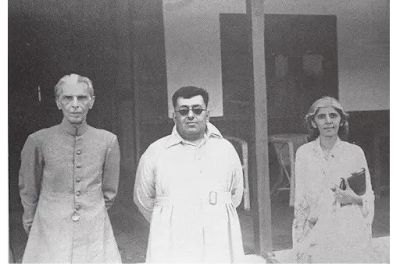Balochistan: Deceived by Jinnah’s Pakistan and let down by Nehru’s India?
It is said that the urge for dignity is at the core of each individual. And for a nation-state that dignity is its independence. Unfortunately, victims of crafty geopolitics, the people of Balochistan have been denied rights that would govern their natural existence.
Unsurprisingly, the people of Balochistan are mourning today, because their vast resource-rich land remains enslaved, first by the British imperialists and then by Pakistan, which had connived with the fading empire. On 27th March 2022 it will be 74 years since Pakistan occupied Balochistan by force.
What is the backstory of the Baloch enslavement? How come unlike many other nations who were breaking the shackles of colonisation, Balochistan did not get its promised independence? The story of Pakistan’s “conquest” of Balochistan begins on 26th March 1948 when troops marched through the coastal town of Pasni and Jiwani. With no help in sight through neighbours and upon contemplating horrific consequences for people of Balochistan, the Khan of Kalat, Mir Ahmad Yar Khan under duress signed the Instrument of Accession on 27th March 1948, which was accepted by then Governor General of Pakistan, Mohammad Ali Jinnah on 31st March 1948.
The Khan of Kalat in his autobiography, Inside Baluchistan: A Political Autobiography of His Highness Baigi: Khan-e-Azam-XIII, Karachi, 1975 says:
"I confess, I knew I was exceeding the scope of my mandate . . . [but] had I not taken the immediate step of signing Kalat's merger, the ... British Agent to the Governor-General could have played havoc by leading Pakistan into a fratricide war against the Baluches”.


Comments
Post a Comment